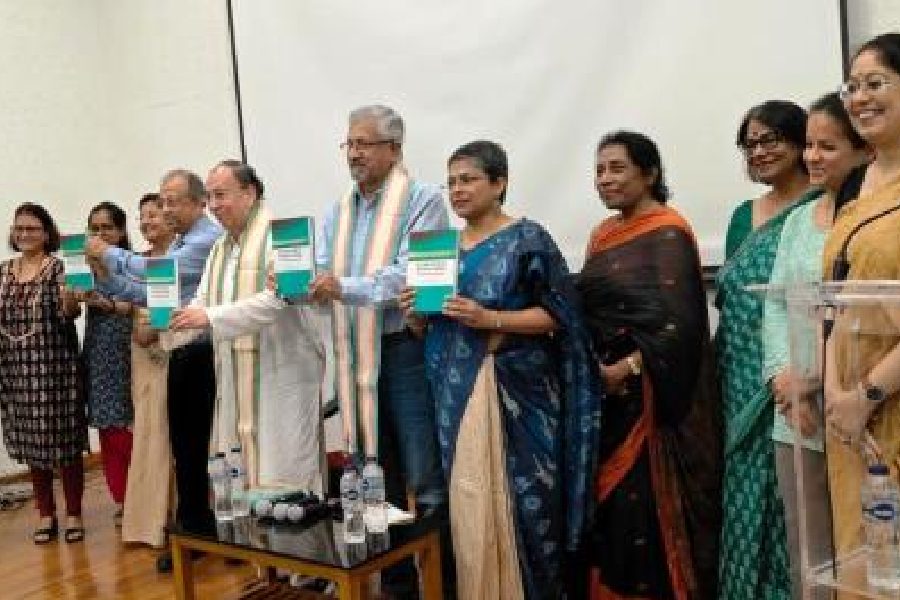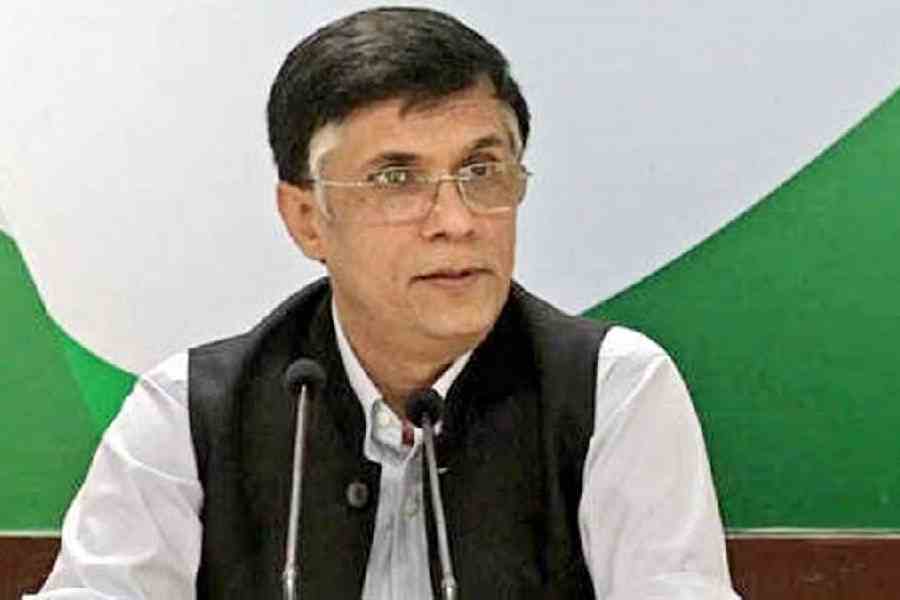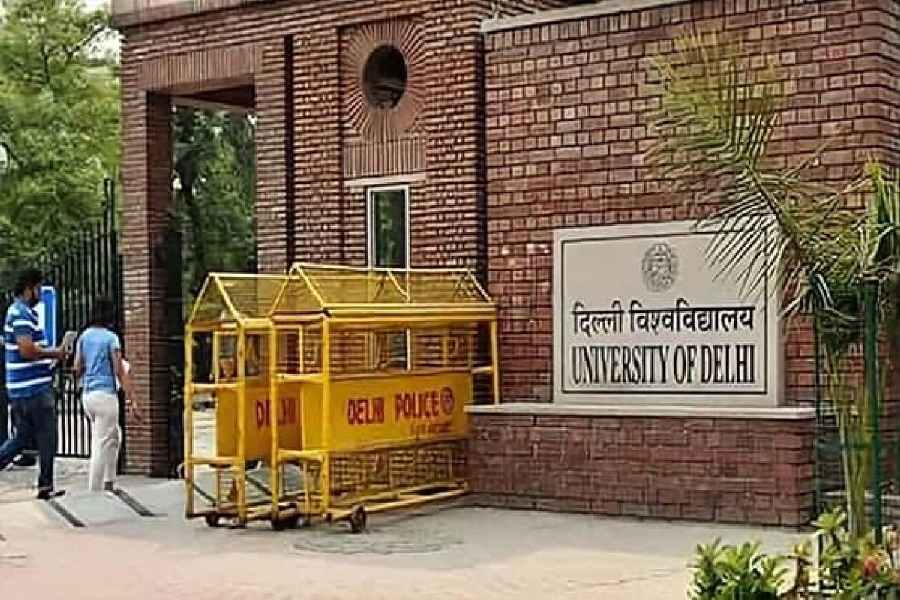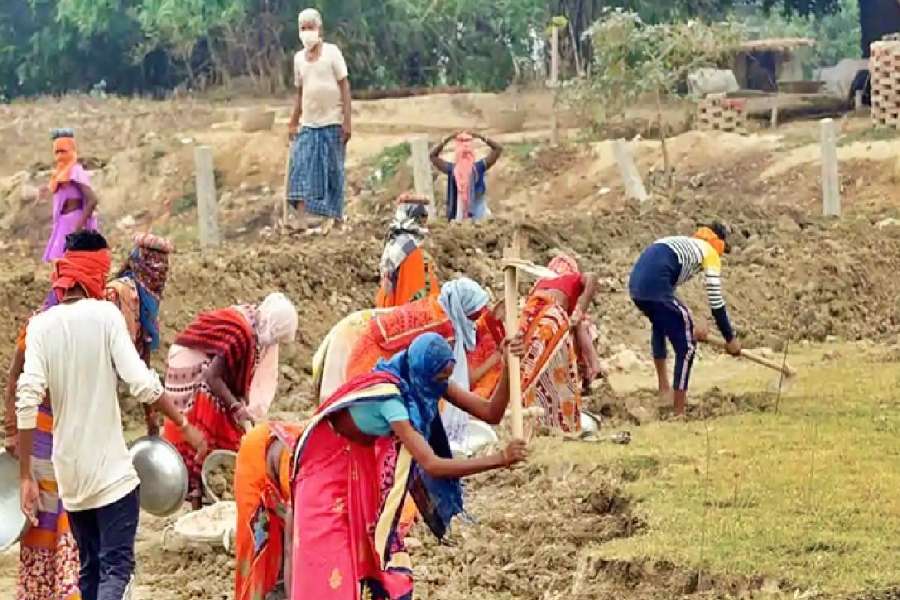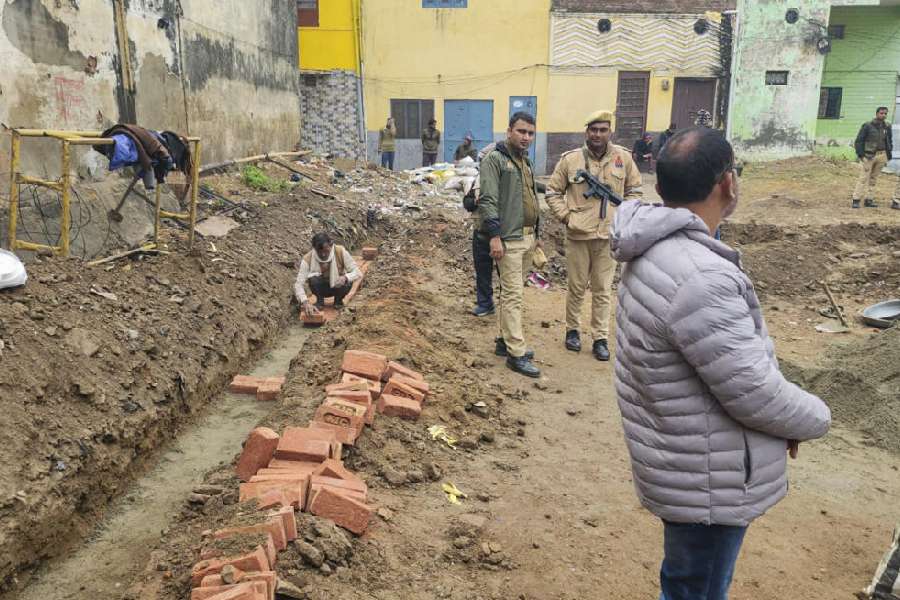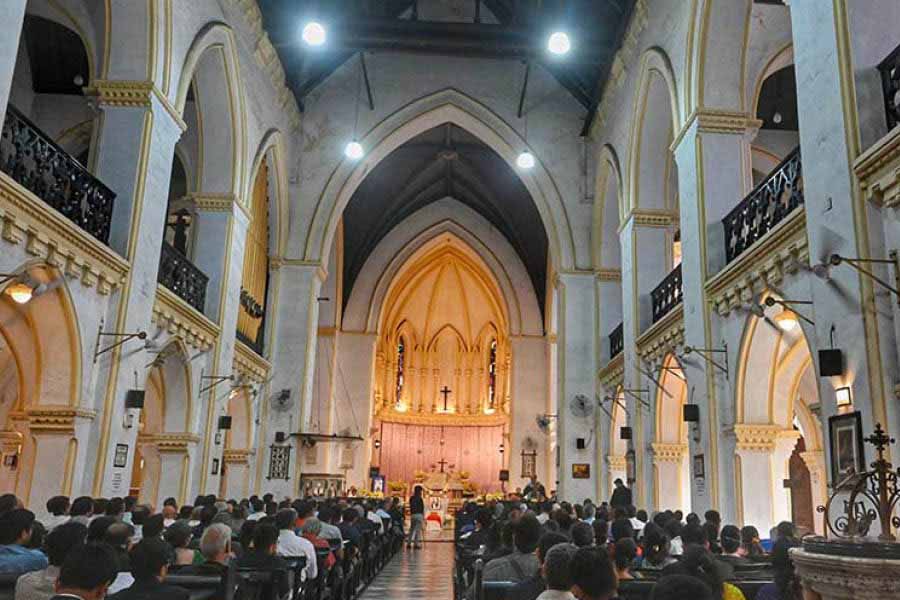The story of Partition is not a straightforward narrative of the binary opposition of two communities.
Any memorialisation of our own Partition should also encompass similar sufferings that people in other parts of the world have gone through and are still going through.
A discussion on a book on Partition last week saw two historians looking back at the past and into the future.
Sekhar Bandyopadhyay, emeritus professor of history at Victoria University of Wellington, New Zealand, and Sugata Bose, Gardiner professor of history at Harvard University, discussed the recently published book titled The Long History of Partition in Bengal: Event, Memory, Representations at Alipore Jail Museum.
Bandyopadhyay, setting the context at the beginning, said that while remembering the “legacy of Partition”, we must understand its collective responsibility.
“The violence that took place... in 1946-47, there were shared responsibilities for this violence. There was often role reversal between the victims and the perpetrators. This whole phenomenon created a murky moral and ethical space in which we lived. This is the legacy of Partition we have to live with. This was a situation that had many shades, many nuances, many twists. It was not a straightforward narrative of the binary opposition of the two communities. This needs to be understood when we remember the legacy of Partition,” he said.
Immediately after Partition, historians were “bogged down” by a quest to explore the causes of Partition, said Bandyopadhyay. But with the arrival of the refugees, the focus shifted from the exploration of causes to how different groups of people experienced the trauma and violence unleashed by Partition.
“Soon, we moved away from them as the other reality of Partition began to haunt us. The refugees, who were in front of us. That changed the tenor of historiography and questions that historians began to ask,” he said.
The book, a collection of essays, focuses on the aftermath of the 1947 Partition of India. The chapters dwell on a range of issues from the administrative consequences of Partition to life stories of refugees in camps and colonies, and literary and celluloid representations of Partition.
The book has been co-edited by Bandyopadhyay, Jayanta Sengupta, the director of the Alipore museum, and Rituparna Roy, initiator of the Kolkata Partition Museum Project that aims to establish a Partition Museum in the city.
Bose argued for broadening the scope of any “memorialisation of our own Partition” by bringing in shared experiences from places like Palestine.
He called the Israeli action against Palestine an act of “genocide”.
“What we are living through is an ongoing genocide being perpetrated by a sovereign state. That is why if a people is only concerned about their own suffering, that people can never occupy the ethical higher ground. My exhortation to the wonderful scholars who may be involved in the memorialisation of our own Partition, we need to encompass similar processes of suffering that people had gone through and are continuing to go through as a result of cynical partitions that took place at the end of the British empire.
“That will show that we here in Bengal have genuine empathy. It will be both a lesson in history and ethics that can be imparted from our part of the world,” he said.

